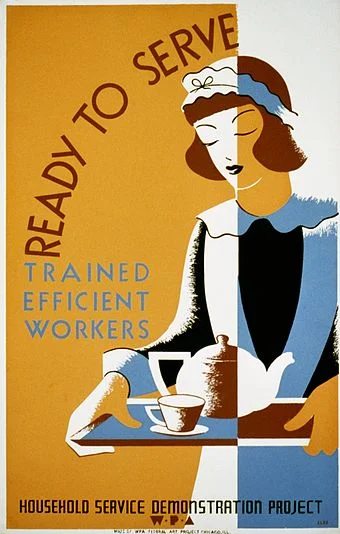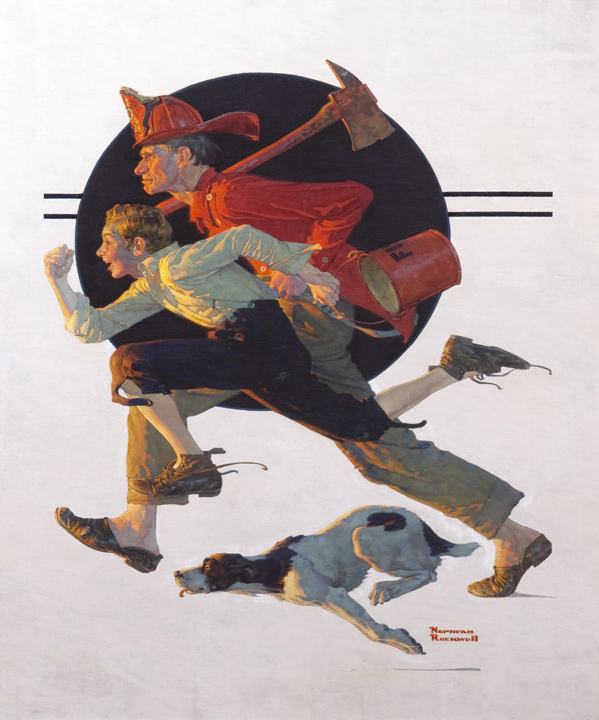The controversy over alleged sexual assaults and their cover-ups at the University of Virginia has refueled the seemingly endless war over the role of fraternities at colleges and universities. Many colleges, of course, have fraternities, though sometimes they go by other names, such as Harvard’s Final Clubs and Princeton’s Eating Clubs.
Are things worse these days, with students more out of control? Or is there more extensive and intensive reporting of outrages? Or both? How does behavior in dorms compare with that in fraternity houses?
The news media and the public love stories about bad behavior at colleges, with “Animal House,” the over-the-top movie filmed at the University of Oregon and inspired by the purported hijinks at Alpha Delta Phi at Dartmouth in the early ’60s, the sort of aesthetic quintessence of this. That many of these stories turn out to be apocryphal tends to be forgotten as the news media and the citizenry move on to the next sensation.
In any case, trying to ban college fraternities is unfair and unwise. Smaller independent social units not controlled by a large bureaucracy serve as environments in which to develop supportive relationships. And most fraternities are safe organizations in which many people develop lifelong friendships. The few bad ones skew the numbers.
As Will Kamin, president of Chi Psi at Amherst College, told The New York Times, “For a lot of these guys, this [his fraternity] is the only place where they can talk openly about their lives and form strong bonds,” and he told CNN that membership “has taught guys about what it means to be a man and a good man at that.”
I confess to having been in a fraternity and, while I’m not a particularly outgoing person, found it to be an edifying experience, surrounded by young people who were, all in all, gentlemen. The majority have gone on to have productive and highly civilized lives. They were pretty nice people back then.
Many fraternities also perform civic good works such as raising money for charities (including for the colleges themselves). Dorm living is too amorphous to elicit much of such commitment. As Alexis de Tocqueville noted, the variety of social and civic organizations in America is one of our great strengths.
Why punish all fraternities for the actions of a few of their members?
There is also the little matter of freedom of association, which a diverse democracy must protect. I suppose that colleges have the right to ban their students from membership in certain groups as a condition of being registered students, but at the risk of undermining the “diversity’’ that leaders of higher education always assert that they favor. (Of course, diversity in colleges doesn’t always include diversity of opinion.)
Individual fraternities vary about as widely as humans do. As with any organization, it depends on who is in them, particularly their leaders. And the prevention of bad behavior depends on the willingness of college administrations as well as fraternity and sorority leaders to report possible offenses to the police and cooperate with outside authorities in criminal cases. But all too often, crimes by students at colleges are treated as “internal matters.”
Indeed, over recent decades, many college and university administrations have acted to shield students from outside law enforcement. What college administrations should have been doing is to immediately call the police (not the campus cops) if they think that a crime has been committed. Such a stance will, over time, make students much less likely to commit them. Perpetrators must be made to realize that they will be punished.
Any institution with large numbers of young people is particularly susceptible to excessive drinking and sexual assault. The Nov. 30 New York Times article, “In the Company of Men: Why is it so hard to prosecute sexual assaults in the military?” detailed the very serious problems of inadequate reporting and prosecution of sexual assaults in the U.S. military. Some of the cases sound similar to recent fraternity incidents. As in other institutions where these problems persist, vigilant reporting and tough prosecution are essential to achieve long-term improvement.
College administrations and faculty should, of course, lecture students on the perils of heavy drinking, sexual assault and so on. Most students, after all, are late adolescents and are presumably in college to learn about how to be responsible adults, and not just from academic courses. But shielding criminal students from the police goes too far. A crime is a crime, whether in the military, in a dorm, in an on-or-off-campus fraternity or anywhere else.
Robert Whitcomb oversees New England Diary.























